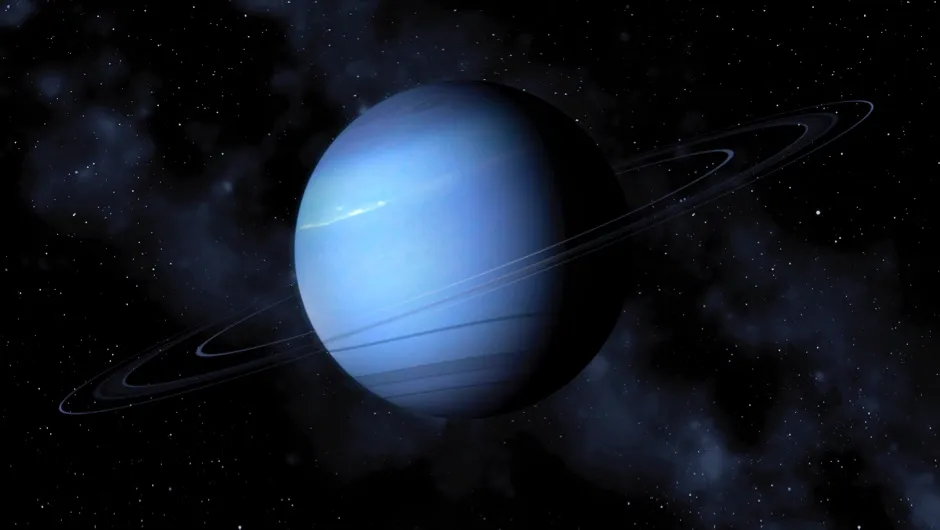
Introduction
The discovery of Neptune, the eighth planet from the Sun, stands as a testament to human curiosity, mathematical precision, and collaborative effort. Unlike most planets in our solar system, Neptune was discovered not by direct observation, but through mathematical predictions based on observed anomalies in the orbit of Uranus. This discovery marked a significant milestone in astronomy, demonstrating the power of theoretical science and the ability to uncover celestial bodies without direct visual confirmation.
Early Observations and the Mystery of Uranus
Discovery of Uranus
In 1781, British astronomer William Herschel discovered Uranus, the seventh planet from the Sun. This discovery expanded our solar system and challenged astronomers to understand the new planet’s motion.
Orbital Anomalies
Over the decades following its discovery, astronomers observed that Uranus did not follow its expected orbit precisely. These irregularities suggested that another, unseen object was exerting gravitational influence on Uranus, perturbing its path.
Mathematical Predictions
Theoretical Calculations
In the mid-19th century, two mathematicians independently tackled the problem of Uranus’s orbital anomalies. Urbain Le Verrier in France and John Couch Adams in England used Newtonian mechanics to predict the position of the hypothetical planet that was affecting Uranus’s orbit.
Le Verrier’s Contribution
Le Verrier’s calculations were particularly influential. He predicted the position of the new planet with remarkable accuracy, providing specific coordinates where the planet should be located. His work demonstrated the predictive power of mathematics in astronomy.
The Discovery of Neptune
Johann Gottfried Galle’s Observation
On the night of September 23, 1846, German astronomer Johann Gottfried Galle, assisted by Heinrich Louis d’Arrest, used Le Verrier’s predicted coordinates to search for the new planet. At the Berlin Observatory, they pointed their telescope at the suggested location and discovered Neptune within a degree of Le Verrier’s prediction.
Confirmation
Galle and d’Arrest’s observation confirmed the existence of Neptune, marking the first time a planet had been discovered through mathematical prediction rather than direct observation. This breakthrough demonstrated the effectiveness of theoretical astronomy and the precision of celestial mechanics.
Naming Neptune
Mythological Origins
Following its discovery, the new planet was named Neptune, after the Roman god of the sea. This name was consistent with the tradition of naming planets after mythological deities, reflecting Neptune’s deep blue color, reminiscent of the ocean.
Impact and Legacy
Advancements in Astronomy
The discovery of Neptune had a profound impact on the field of astronomy. It validated the use of mathematics and physics to predict celestial phenomena, leading to more sophisticated models of planetary motion and the solar system.
Collaborative Success
The discovery also highlighted the importance of international collaboration in scientific research. The combined efforts of Le Verrier, Adams, Galle, and d’Arrest demonstrated how collaborative efforts across borders could lead to significant scientific achievements.
Inspiring Future Discoveries
Neptune’s discovery inspired future astronomers to continue exploring the solar system and beyond. It set a precedent for the search for other unknown planets, ultimately leading to the discovery of Pluto and the ongoing search for the hypothetical Planet Nine.
Conclusion
The discovery of Neptune is a landmark event in the history of astronomy. It exemplifies the power of human ingenuity, the importance of theoretical science, and the success of international collaboration. Neptune’s discovery not only expanded our understanding of the solar system but also paved the way for future astronomical discoveries. This achievement remains a shining example of how careful observation, mathematical prowess, and collaborative effort can unlock the mysteries of the universe.
